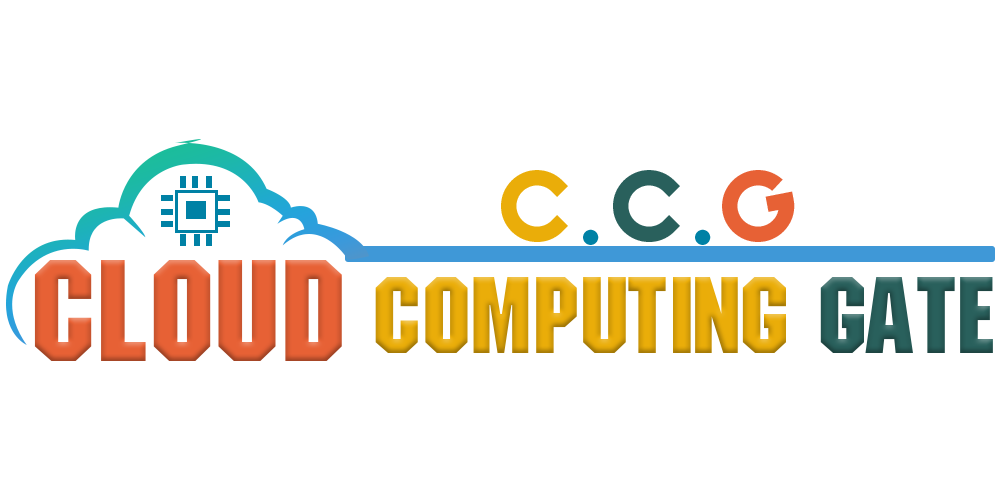Navigating the Cloud: Unveiling the Characteristics of Cloud Computing
In the ever-evolving landscape of technology, cloud computing has emerged as a transformative force, reshaping the way individuals and businesses interact with digital resources. The characteristics of cloud computing contribute to its widespread adoption, providing flexibility, scalability, and accessibility. Let’s delve into the key features that define this revolutionary paradigm.
Characteristics of Cloud Computing
Characteristics of Cloud Computing
1. On-Demand Self-Service:
At the core of cloud computing lies the principle of on-demand self-service. Users can provision and manage computing resources, such as storage, processing power, and networking, without requiring human intervention from the service provider. This characteristic empowers users to scale resources up or down based on their specific needs, fostering a sense of autonomy and flexibility.
2. Broad Network Access:
Cloud computing is designed to be accessible over the network, enabling users to access resources and services from a variety of devices, such as laptops, smartphones, and tablets. This characteristic ensures that users can connect to the cloud infrastructure seamlessly, promoting a ubiquitous computing experience. Whether in the office, at home, or on the go, the cloud is readily available.
3. Resource Pooling:
Resource pooling is a fundamental characteristic that underlines the efficiency of cloud computing. In a cloud environment, computing resources are pooled together and dynamically assigned based on demand. This shared model optimizes resource utilization and allows for cost-effective solutions, as multiple users can leverage the same infrastructure without compromising performance or security.
Characteristics of Cloud Computing
4. Rapid Elasticity:
Rapid elasticity is perhaps one of the most distinguishing features of cloud computing. It refers to the ability to scale resources up or down rapidly in response to changing workloads. Whether experiencing a sudden surge in demand or a decrease in usage, cloud resources can be adjusted instantaneously. This elasticity ensures optimal performance and cost-effectiveness, aligning resources with real-time requirements.
5. Measured Service:
Cloud computing services operate on a pay-as-you-go model, where users are billed based on their actual usage of resources. This measured service approach ensures that organizations only pay for the computing power, storage, and other services they consume. It provides transparency and cost control, making cloud computing an economically viable option for businesses of all sizes.
6. Service Models:
Cloud computing offers a range of service models that cater to diverse user needs. These models include Infrastructure as a Service (IaaS), Platform as a Service (PaaS), and Software as a Service (SaaS). IaaS provides virtualized computing resources, PaaS offers a platform for application development, and SaaS delivers software applications over the internet. The versatility of service models allows users to choose the level of abstraction that best suits their requirements.
Characteristics of Cloud Computing
7. Deployment Models:
Cloud computing supports various deployment models, each tailored to specific organizational needs. Public cloud services are available to the general public, private clouds are dedicated to a single organization, and hybrid clouds combine elements of both public and private clouds. This diversity of deployment options enables businesses to craft a cloud strategy aligned with their objectives, whether prioritizing cost-efficiency, data security, or a balance of both.
8. Network Security:
Security is a paramount concern in cloud computing, and robust network security measures are integral to its characteristics. Cloud service providers implement advanced security protocols, including encryption, identity and access management, and multi-factor authentication. These measures ensure the confidentiality, integrity, and availability of data in the cloud, instilling confidence in users regarding the safety of their information.
9. Redundancy and Reliability:
Cloud computing infrastructure is designed with redundancy to ensure high availability and reliability. Data is often replicated across multiple servers and data centers, reducing the risk of data loss due to hardware failures or other unforeseen events. This redundancy contributes to the resilience of cloud services, making them a dependable choice for mission-critical applications.
10. Continuous Innovation:
Cloud computing is synonymous with innovation, and service providers consistently introduce new features and technologies to enhance their offerings. From machine learning and artificial intelligence to serverless computing, the cloud ecosystem is a breeding ground for cutting-edge advancements. This characteristic ensures that users can leverage the latest technologies without the burden of managing complex infrastructure.
In conclusion, the characteristics of cloud computing collectively define its transformative impact on the technological landscape. From empowering users with on-demand self-service to ensuring the security and reliability of data, the cloud has become an integral part of the digital fabric. As businesses and individuals continue to embrace the flexibility and scalability offered by cloud computing, it is evident that these characteristics will shape the future of technology, fostering innovation and driving the next wave of digital transformation.
Characteristics of Cloud Computing




Comments
0 comments